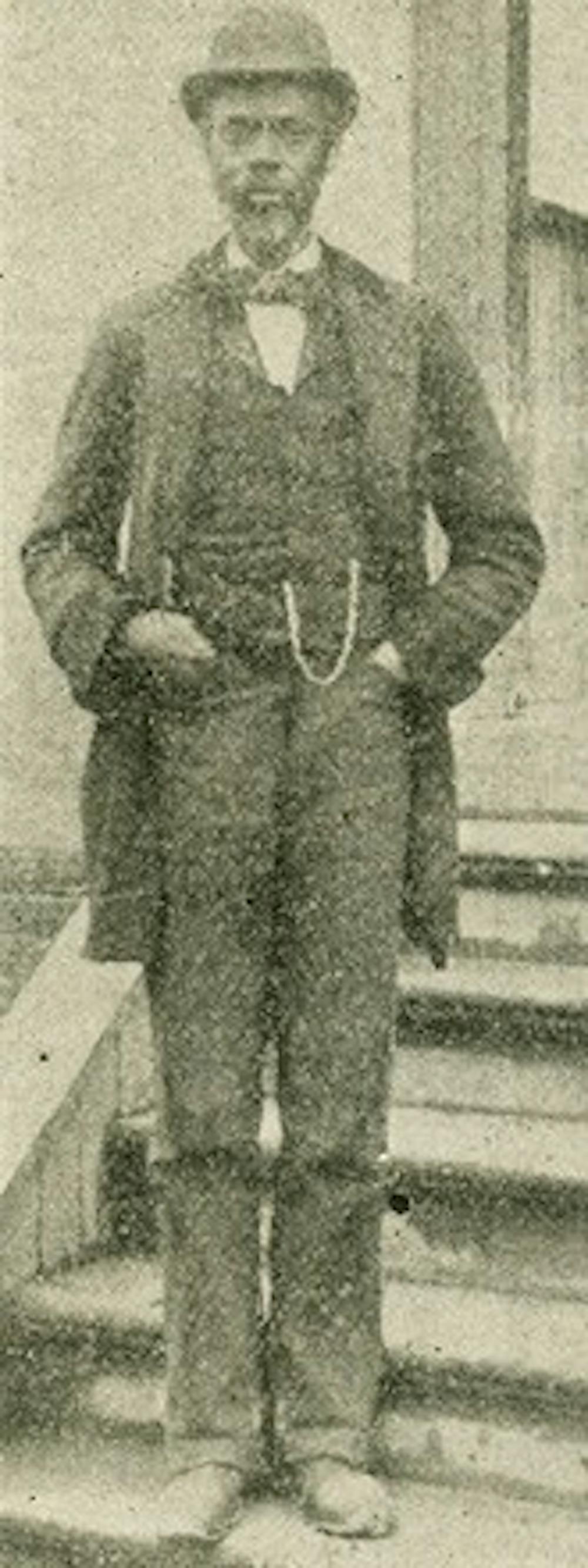Editor’s note: One hundred fifty years ago Sunday, reports of the attack on Fort Sumter appeared in area newspapers. These stories from the Civil War are presented as they might have appeared in a student newspaper. All photos and article data courtesy of Wilson Library.
JULY 1869 — Former servant Wilson Caldwell will leave our fair University to open a school for black children in the town.
Owing to his low wages, Caldwell has decided to leave the University in order to better support his wife, Susan Kirby, and the couple’s numerous children. He will receive $17.50 per month in compensation to be schoolmaster at the new school.Caldwell was born on the University property of former President David Swain on the 27th of February in the year of 1841.
As a teenager, Caldwell assisted President Swain’s son Robert in beautifying the campus for eight years. Caldwell also labored as a waiter for the laboratories, dormitories and lecture halls. His distinguished service to our campus was exemplified when he accompanied President Swain and others to the foot of Piney Prospect when the Union Army arrived to claim protection for the town and University.
Their request was promptly granted, saving the University from destruction.
Caldwell was highly esteemed by the Swain family, but he is not the only college servant turned freedman to uniquely contribute to our campus.
It was a black college servant who saved former student James Thompson’s life in 1859 when he caught fire and other bystanders ignored him because they feared catching fire as well. If not for the servant, Thompson surely would have perished. Thomas Day, a free black cabinetmaker, was engaged by President Swain to craft the intricate interior woodwork in the Dialectic and Philanthropic societies’ libraries in Old East and Old West in 1848. Freedmen and slaves also helped to construct the glorious Old East, Old West, Person and Gerrard halls.
But life was burdensome for the vast majority of slaves who routinely disposed of our slop buckets and shined our shoes, and many in the area still find difficulties in seeking adequate work and income. Life was only made more troublesome during the War of Northern Aggression, when many former slaves had trouble finding work because of the great number of our students who went to defend our homeland and our honor.
“I have no young men to wait upon and can get into no very profitable business,” said Jerry Hooper in a letter to his master in 1861. “I lost about half my last session’s wages. When the war broke out the Students volunteered and did not pay me for my labor.”



